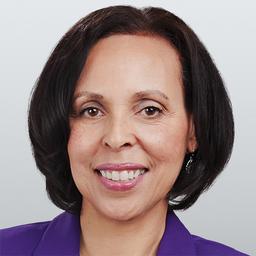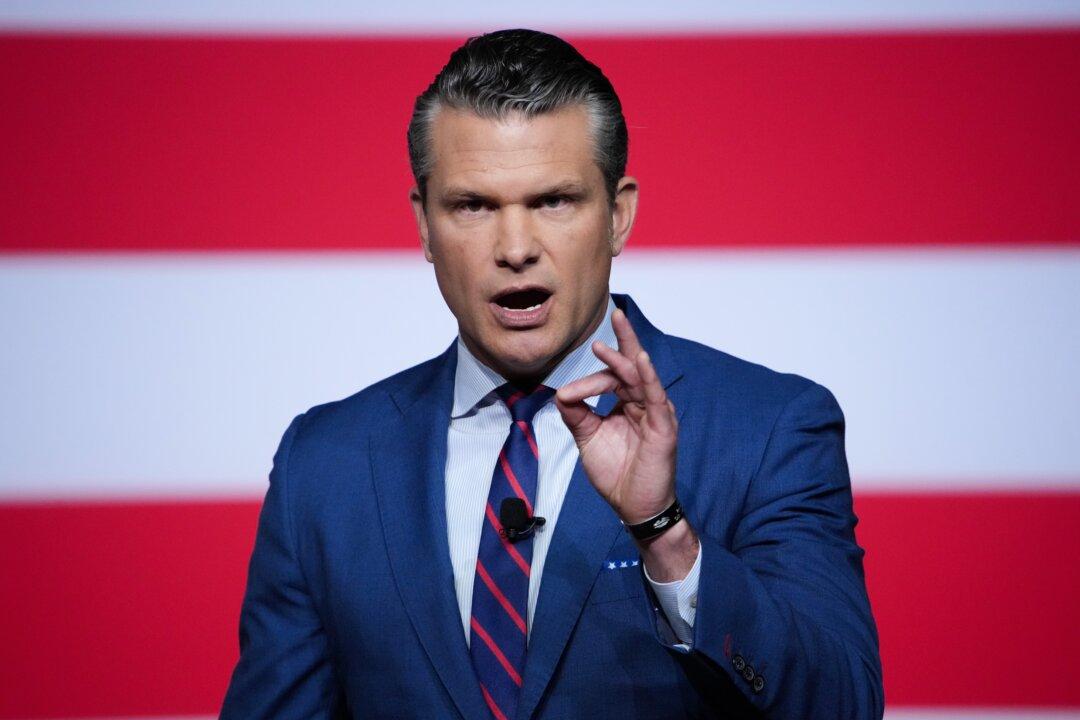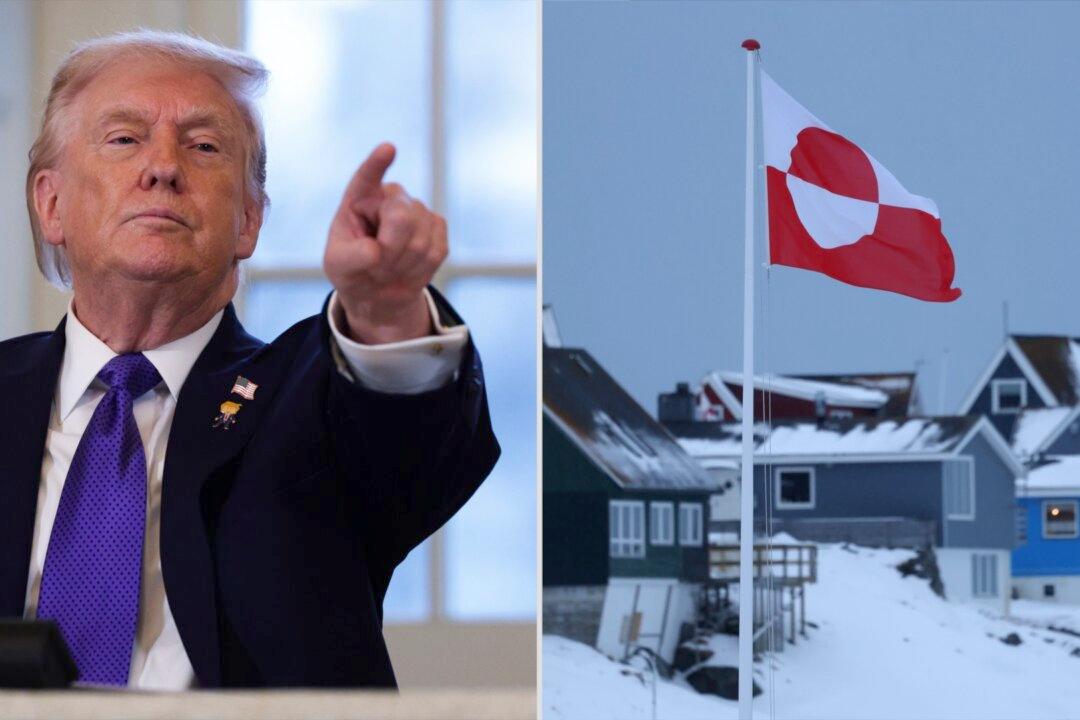NEW YORK—Growing up as an orthodox Jewish kid in a mixed race community in Brooklyn and Queens and influenced by hip-hop culture, little did Dr. Ronald Primas know that he would one day become a medical doctor. Even less did he expect to practice Eastern healing and help patients get off medications.
When Primas started college in the ‘80s, he had every intention of becoming a marine biologist, but his future wife convinced him to follow in his best friend’s footsteps and go to medical school.
For the first 10 years of practice, Primas did what other internists did—prescribe medications and refer patients for surgery. For patients who suffered with chronic diseases such as arthritis, fibromyalgia, or diabetes, Primas prescribed the usual medications, which tend to “patch and fix,” he said.
But he had a chronic stomach condition that had been diagnosed as irritable bowel syndrome by his colleagues who specialized in stomach disorders. Yet, none of them could cure this condition, even though “they’re the guys who write the textbooks,” he said.






